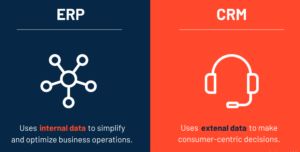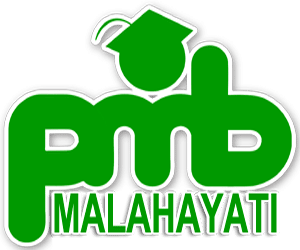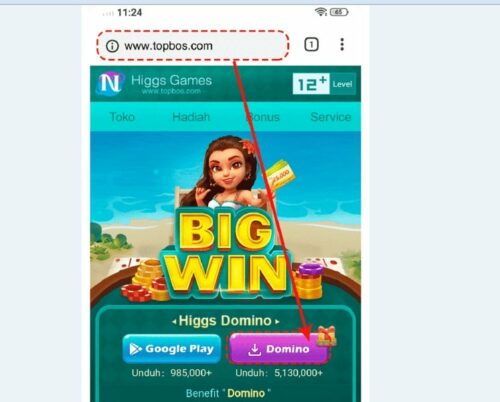Customer Relationship Management (CRM) In today’s competitive business landscape, harnessing the power of technology is crucial for success.
Customer Relationship Management (CRM) and Enterprise Resource Planning (ERP) systems are two essential tools that businesses use to streamline operations, improve efficiency, and enhance customer satisfaction.

In this article, we will delve into the world of CRM and ERP, explore their key features and advantages, and help you decide which solution is the best fit for your business.

Understanding CRM and ERP
What is CRM ?
CRM, or Customer Relationship Management, is a software system designed to manage and nurture customer relationships throughout the entire customer journey.
It allows businesses to store customer data, track interactions, and provide personalized experiences. The primary goal of CRM is to enhance customer satisfaction and loyalty.
What is ERP?
ERP, or Enterprise Resource Planning, is a comprehensive software solution that integrates various business processes and functions into a single unified system.
It enables seamless data flow and collaboration across departments, such as finance, inventory, manufacturing, and human resources.
Key Features of CRM
Customer Data Management
One of the core features of CRM is its ability to capture and manage customer data effectively. It allows businesses to store customer information, such as contact details, purchase history, preferences, and interactions.
Sales and Marketing Automation
CRM systems automate sales and marketing processes, making it easier for businesses to manage leads, track sales pipelines, and execute targeted marketing campaigns.
Customer Service and Support
CRM provides tools for efficient customer service and support. It enables businesses to log and track customer inquiries, issues, and resolutions, leading to improved customer satisfaction.
Key Features of ERP
Inventory Management
ERP systems offer robust inventory management capabilities, ensuring businesses have the right products in stock at the right time while minimizing carrying costs.
Financial Management
ERP streamlines financial processes, including accounting, invoicing, and financial reporting, providing accurate insights into the company’s financial health.
Human Resources Management
ERP simplifies HR tasks, such as payroll, employee records, performance management, and recruiting, optimizing workforce management.
Advantages of CRM
Enhanced Customer Relationships
By centralizing customer data and interactions, CRM empowers businesses to build stronger relationships with customers through personalized engagement and targeted communications.
Increased Sales and Revenue
CRM’s automation and data-driven insights help sales teams identify opportunities, close deals faster, and ultimately drive higher revenue.
Improved Customer Service
With CRM’s efficient ticketing and issue resolution capabilities, businesses can respond to customer inquiries promptly, leading to improved customer satisfaction.
Advantages of ERP
Streamlined Business Processes
ERP eliminates duplicate and manual data entry by integrating various business functions, leading to streamlined processes and improved efficiency.
Improved Efficiency and Productivity
Automation and real-time data access enable employees to work more efficiently, reducing time spent on administrative tasks.
Data Centralization and Accessibility
ERP provides a single source of truth for all business data, making it easier for employees to access the information they need for better decision-making.
Choosing the Right Solution for Your Business
Assessing Your Business Needs
Before making a decision, assess your business requirements thoroughly. Identify pain points and areas that need improvement.
Integration and Scalability
Consider how well the CRM or ERP system integrates with your existing tools and whether it can scale with your business as it grows.
User-Friendliness and Training
Ensure that the chosen system is user-friendly and that your team receives proper training to maximize its benefits.
CRM vs. ERP: A Comparison
Functionality and Purpose
While CRM focuses on customer-centric activities, ERP is designed to streamline overall business operations.
Target Users
CRM is primarily used by sales, marketing, and customer service teams, while ERP is used across various departments, including finance and production.
Implementation Complexity
CRM implementation is generally more straightforward compared to the comprehensive integration required for ERP.
Cost Considerations
CRM systems are often more cost-effective and require less investment upfront compared to ERP, which involves more extensive customization.
Case Studies
CRM Success Story
Company X increased customer retention by 20% after implementing a CRM system, leading to a 15% boost in overall revenue.
ERP Success Story
Company Y streamlined its inventory management process, reducing holding costs by 25% within six months of ERP implementation.
Conclusion
In conclusion, both CRM and ERP are powerful tools that can revolutionize your business operations and enhance customer satisfaction.
To determine which solution is right for your business, carefully evaluate your unique needs, goals, and budget.
Whether you choose CRM to focus on building strong customer relationships or opt for ERP to streamline your entire business process, the right choice can significantly impact your company’s success.
Read More :
 Pmbmalahayati.id Media Informasi Terupdate Masa Kini
Pmbmalahayati.id Media Informasi Terupdate Masa Kini





